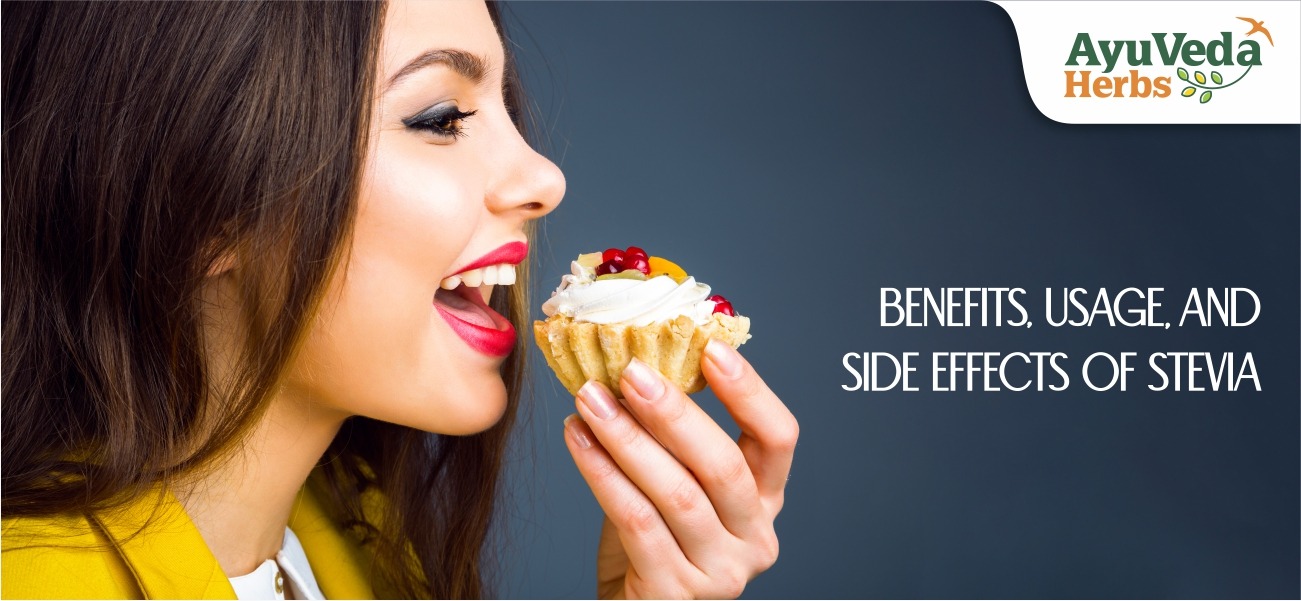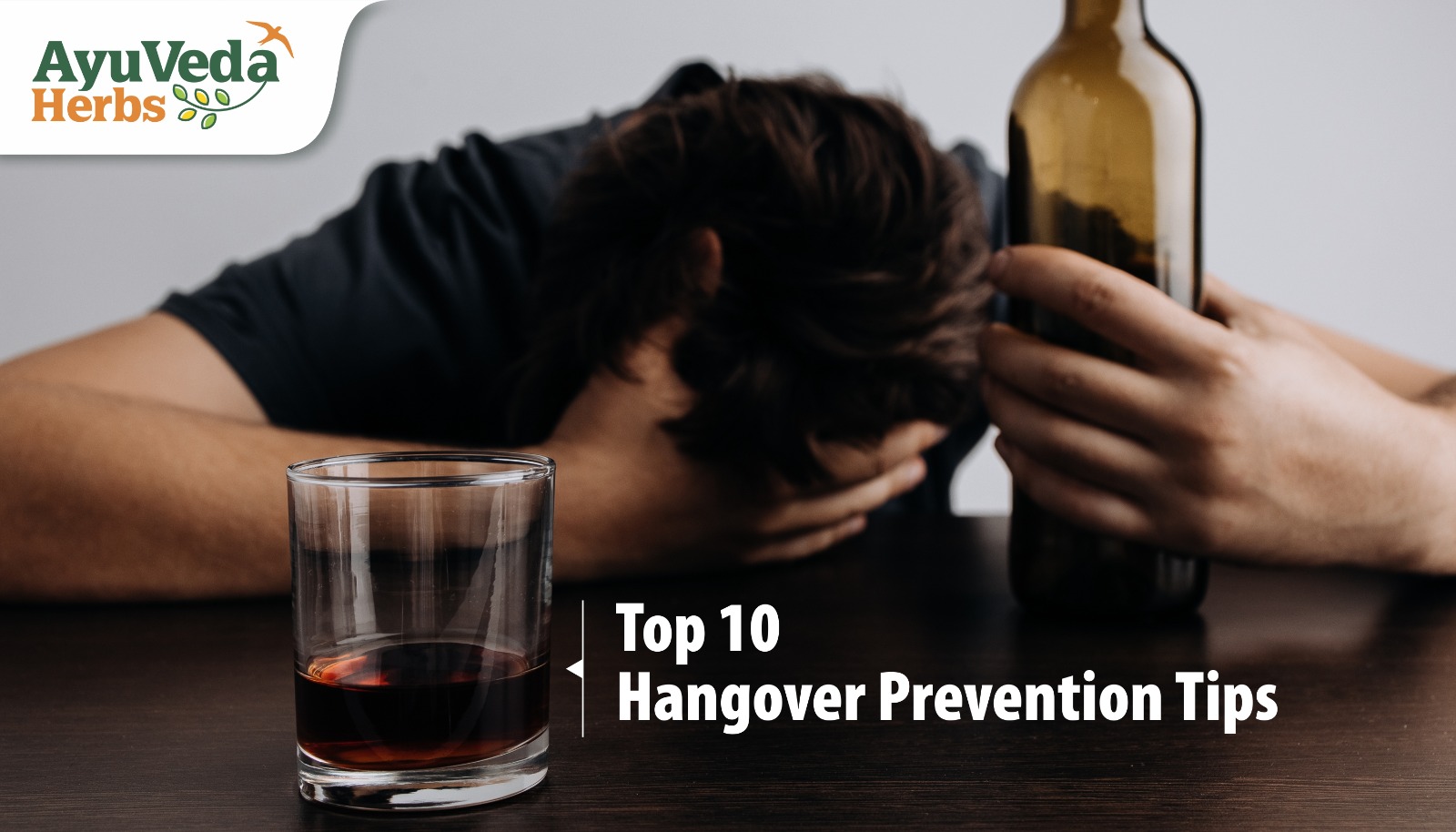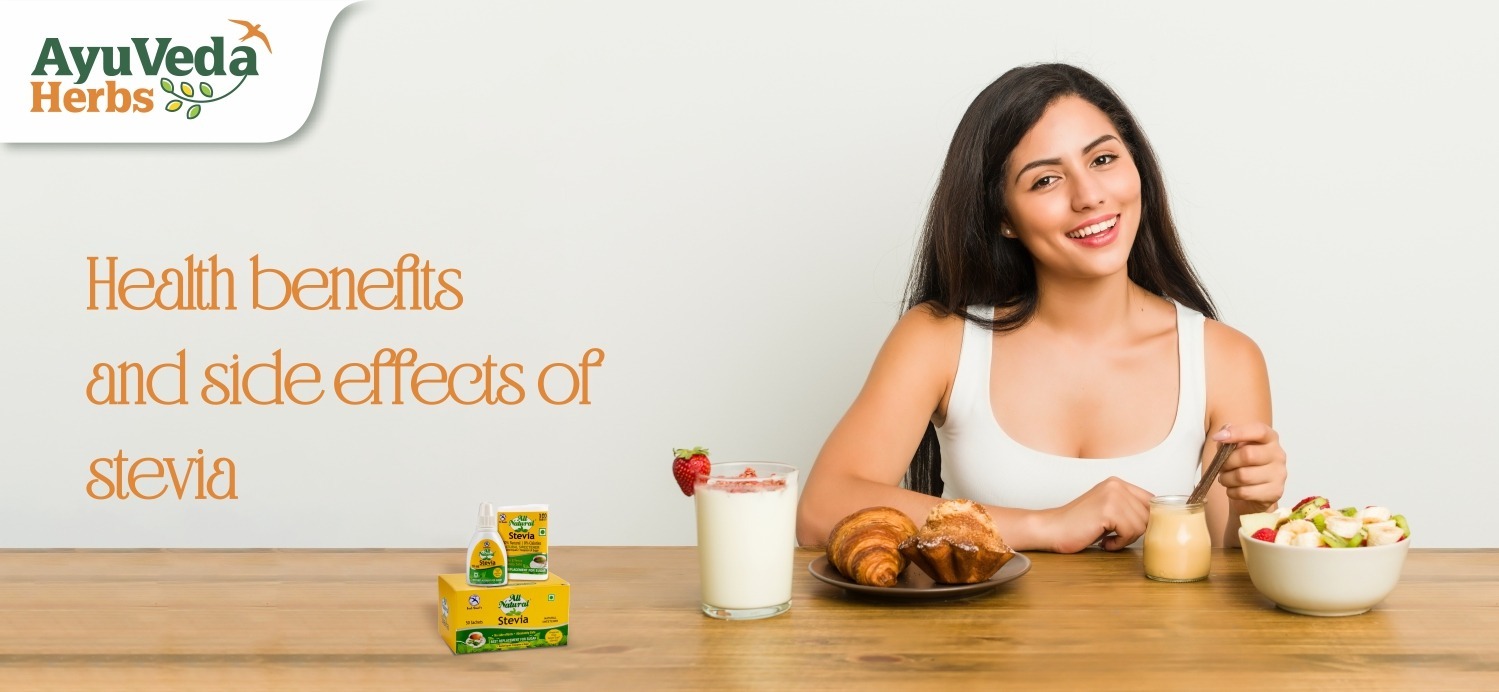No products in the cart.

Everything You Need to Know About Stevia: Benefits, Usage, and Side Effects
Stevia is a sugar alternative derived from the Stevia Rebaudiana plant found in South America. It contains Steviol Glycosides, which are sweet-tasting chemicals found in the leaves. It is much sweeter than table sugar, about 200 to 400 times, and has no calories, carbohydrates, or artificial ingredients. You can purchase It in powder or liquid form at supermarkets and natural food stores in the baking or health food aisles. It is available as tabletop packets, liquid drops, dissolvable tablets, spoonable products, and baking blends. Some of the popular brands are Sweet Leaf, Truvia, and Pure Via, and there are also generic products available in some stores.
Usage
To use It as a substitute for table sugar, you can add a pinch of its powder to your favorite foods and drinks. One teaspoon of table sugar is equivalent to a pinch of powder. It can be used in various ways, such as in coffee/tea, homemade lemonade, sprinkled on cereal, a smoothie, or unsweetened yogurt. Some brands like Stevia in the Raw can replace table sugar teaspoon for teaspoon, except for baked goods. However, It may give a Licorice aftertaste to cakes and cookies. Stevia in the Raw suggests replacing half of the total amount of sugar in your recipe with their product. Other brands may not be suitable for baking, so you may need to use less and add extra liquid or bulking ingredients such as mashed bananas or applesauce to your recipe. It may require some experimentation to achieve the desired sweetness and texture.
Benefits Of Its Usage
It is a non-nutritive sweetener that contains almost no calories, making it an attractive option for those trying to lose weight. However, research on the impact of non-nutritive sweeteners on health is inconclusive and may depend on the amount and time of consumption. It may be beneficial for individuals with Diabetes as it can help regulate blood sugar levels, according to a 2010 study. The study found that It significantly reduced insulin and glucose levels and left participants feeling full despite consuming fewer calories. However, the study took place in a laboratory setting and not in a natural environment. Another study from 2009 found that stevia leaf powder may help manage cholesterol by reducing total cholesterol, LDL (“bad”) cholesterol, and Triglycerides while increasing HDL (“good”) cholesterol. It’s unclear if its occasional use in lower amounts would have the same effect.
Side Effects of its Usage:
The FDA has deemed Stevia Glycosides, such as Reb-A, as “generally recognized as safe.” However, they have not approved whole-leaf or crude extract for use in processed foods due to a lack of safety information. Its raw herb may be harmful to the kidneys, reproductive system, and cardiovascular system, and may interact with medications that lower blood sugar or drop blood pressure too low. A 2019 study suggested a possible link between non-nutritive sweeteners, including Stevia, and disruption in beneficial intestinal flora, Glucose intolerance, and metabolic disorders. It has a mild, Licorice-like taste that may be unappealing to some, and products made with sugar alcohols may cause digestive problems in some people. Reb-A type is safe to use in moderation during pregnancy, but whole-leaf and crude extract are not. It may help fight or prevent certain types of cancer, according to studies in 2012 and 2013.
The bottom line
Stevia products made with Reb-A are generally considered safe, including for pregnant women and people with Diabetes, and rarely cause side effects. However, more research is needed to provide conclusive evidence on weight management, Diabetes, and other health issues. It’s important to remember that It is much sweeter than table sugar, so you won’t need to use it as much. Whole-leaf It is not approved for commercial use, but you can still grow it for home use. While many people claim whole-leaf is a safe alternative to refined one or table sugar, there is a lack of research, and it’s essential to seek your doctor’s approval before using it regularly, especially if you have a serious medical condition like Diabetes, heart disease, or high blood pressure. It’s unlikely to cause harm to add a raw leaf to your tea now and then, but it’s not recommended during pregnancy until research determines whether it’s safe for everyone.
In Conclusion, AyuVeda Herbs Stevia is a natural sweetener that is much sweeter than table sugar, with no calories, carbohydrates, or artificial ingredients. It is available in various forms and can be used in a variety of ways, including in coffee/tea, homemade lemonade, sprinkled on cereal, a smoothie, or unsweetened yogurt. It may be beneficial for individuals with Diabetes as it can help regulate blood sugar levels and may help manage cholesterol. However, there is inconclusive research on the impact of non-nutritive sweeteners on health, and there are potential side effects associated with theiruse, such as harm to the kidneys, reproductive system, and cardiovascular system. Brands containing Dextrose or Maltodextrin should be used with caution, and whole-leaf and crudeextracts are not approved for commercial use. Reb-A is considered safe to use in moderation during pregnancy, but it’s essential to seek your doctor’s approval before using it regularly, especially if you have a serious medical condition. While It may help fight or prevent certain types of cancer, more research is needed to provide conclusive evidence.


